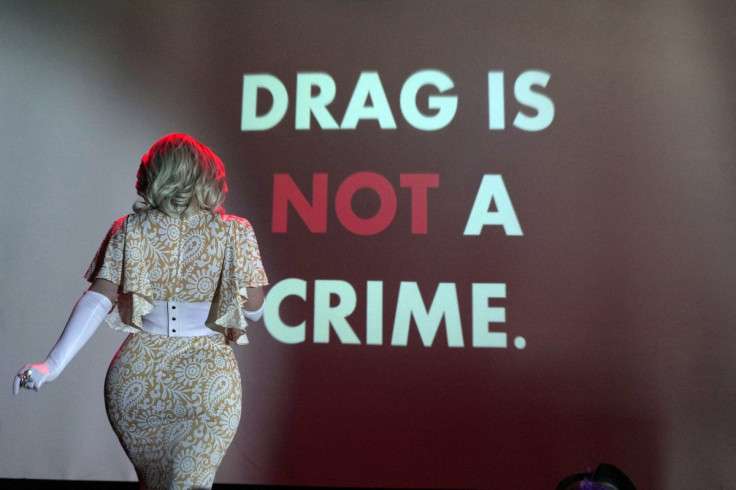Judge Blocks Tennessee Law Restricting Drag Performances In Public

A federal judge in Memphis, Tennessee, on Friday temporarily blocked a law restricting drag performances in public from going into effect, saying it was likely "vague and overly-broad" in its restriction of speech.
Tennessee Governor Bill Lee, a Republican, in February, had signed the bill passed by the state's legislature that was meant to go into effect on Saturday. The bill aimed to restrict drag performances in public or in front of children, putting the state at the forefront of a Republican-led effort to limit drag in at least 15 states in recent months.
"At this point, the court finds that the statute is likely both vague and overly-broad," U.S. District Judge Thomas Parker, an appointee of Republican former President Donald Trump, said in a ruling granting a temporary restraining order.
The judge said the state had failed to justify with a compelling interest the restrictions it aimed to impose.
Lee had said the law would protect children from being "potentially exposed to sexualized entertainment, to obscenity."
The judge sided with Friends of George's, a Memphis-based LGBTQ theater group that filed suit against the state.
The Tennessee bill was part of an upswing in recent months in Republican efforts to regulate the conduct of lesbian, gay, bisexual, transgender and queer people.
Several planned drag events were canceled over the winter after protests, and many venues felt forced to make previously family-friendly drag shows into adults-only events.
Much of the debate in Tennessee has been over whether drag is inherently a sexually explicit art form.
Performers and civil rights groups have condemned the proposed drag regulations, saying they are unconstitutional, redundant under existing obscenity laws, and would lead to further harassment and violence against gay and transgender people.
© Copyright Thomson Reuters {{Year}}. All rights reserved.





















